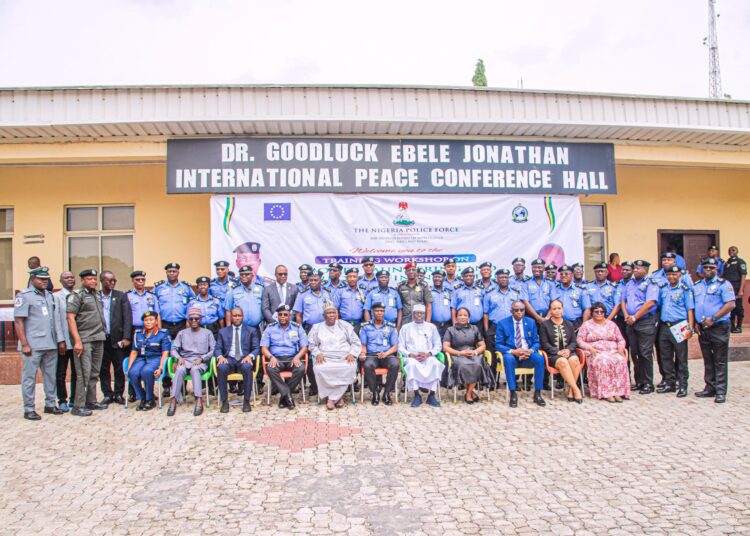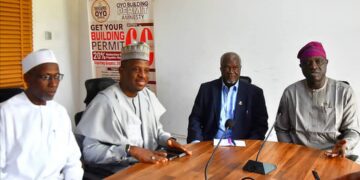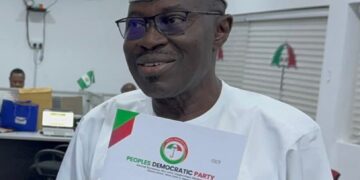The Nigeria Police Force (NPF), in collaboration with the Nigerian Financial Intelligence Unit (NFIU) and the Rule of Law and Anti-Corruption (ROLAC) Programme, has commenced a high-level capacity-building workshop aimed at equipping frontline officers and prosecutors with the necessary skills to tackle money laundering and terrorism financing in Nigeria.
The three-day training, which began on Wednesday, June 18, 2025, at the Goodluck Ebele Jonathan International Peacekeeping Training Centre, Force Headquarters, Abuja, is themed “Money Laundering and Terrorism Financing for Frontline Officers and Prosecutors.”
The opening ceremony was attended by top government and security officials, including the Inspector-General of Police, IGP Kayode Adeolu Egbetokun, Ph.D., NPM, who was represented by the Deputy Inspector-General of Police in charge of Training and Development, DIG Frank Mba, mni. Other dignitaries in attendance included the Attorney-General of the Federation and Minister of Justice, Chief Lateef Olasunkanmi Fagbemi, SAN (represented by Mrs Jamila Akaaga Ade), Chairman of the Police Service Commission, DIG Hashimu Salihu Argungu (Rtd), and a representative of the CBN Governor, AIG Hakeem Odumosu (Rtd).
Also present were senior officials from the EFCC, ICPC, NSCDC, NIBSS, and other critical stakeholders in the fight against financial crimes.
In his keynote address, the Attorney-General of the Federation emphasized the urgency of confronting money laundering and terrorism financing—describing them as evolving global threats that demand modern, technology-driven enforcement strategies. He urged all agencies to shed rivalry and deepen cooperation, stressing that collective success hinges on united efforts.
IGP Egbetokun, in his message, highlighted the workshop’s significance against the backdrop of Nigeria’s current status on the Financial Action Task Force (FATF) grey list. While commending recent legislative actions like the Money Laundering (Prohibition) Act, 2022, and the Terrorism (Prevention) Act, 2022, he maintained that effective enforcement remains the most critical component of success.
The Police Chief also referenced the establishment of the Counter-Terrorism Unit (CTU) in 2007 as part of the proactive measures taken by the Force to address the menace of terrorism. He reiterated the need for intensified collaboration with other key institutions such as the DSS, NFIU, and EFCC, to amplify the impact of ongoing anti-crime initiatives.
According to the Force spokesperson, ACP Olumuyiwa Adejobi, the training reflects the Nigeria Police Force’s unwavering commitment to innovation, inter-agency synergy, and capacity building. He also noted the gratitude of the Force to President Bola Ahmed Tinubu and the Federal Government for their steadfast support in the ongoing battle against organized crime.
The NPF pledged to continue playing its part in ensuring Nigeria’s removal from the FATF grey list and reaffirmed its dedication to safeguarding both national and international security frameworks.














